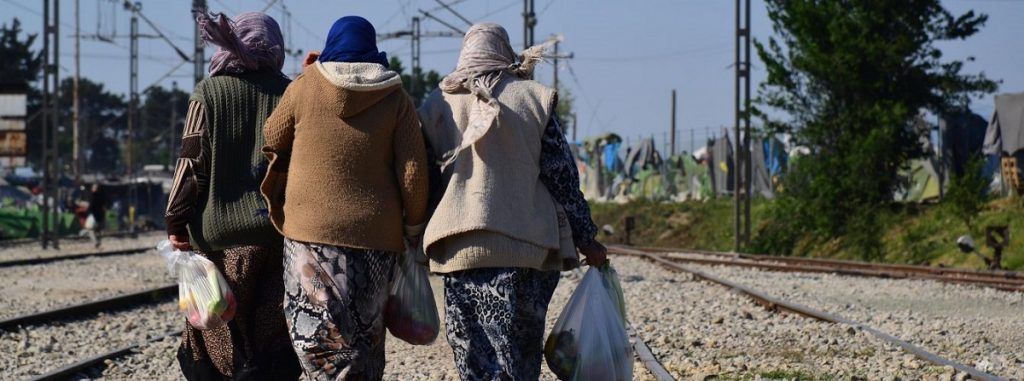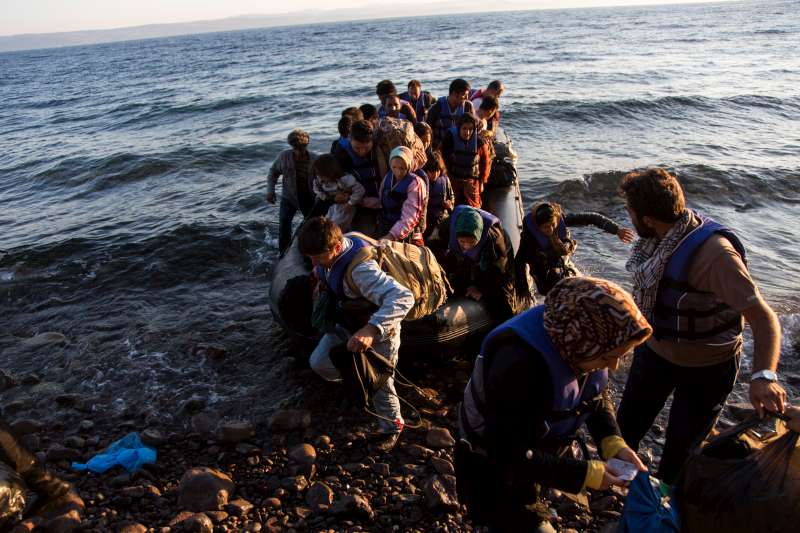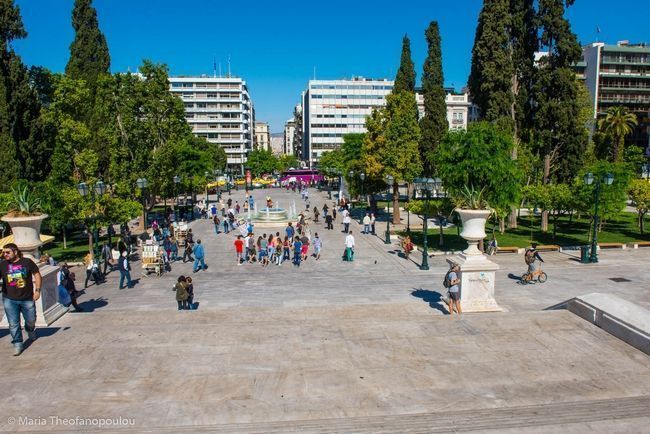DiaNEOsis Study Reveals Refugees’ Experience of Greece

Aiming to offer insight into the social impact of immigration and refugee flows to Greece, a new study carried out by research and policy institute diaNEOsis in collaboration with the Hanns Seidel Foundation looks into immigrants and refugees experience of Greece.
“The hundreds of thousands of immigrants who came in the 1990s, without any infrastructure or integration policy, managed to assimilate into our society on their own. The tens of thousands of refugees and immigrants who arrived in recent years do not have the same drive to integrate into society even though our country is committed to keeping them, as for most, Greece is only an intermediate station,” says the study.

More specifically:
-Migrants without EU citizenship living in the EU account for 4.4 percent.
-There are currently some 580,000 legal immigrants residing in Greece, mainly in urban areas.
-Approximately 50,000-70,000 immigrants are estimated at having entered Greece 2015 and stayed. Indicatively, by the end of 2018 there were 67,000 asylum applications pending approval.
-Of the total more than half, about 35,000, are women and children.
-According to UNICEF, there are currently 27,000 children, with the UNHCR placing the September 2019 number of unaccompanied children at 4,616.

How do immigrants feel about Greece?
-Young immigrants who recently came to Greece have more children (63.5 percent) than older migrants (42 percent), which challenges the stereotype that the majority of refugees are “young, single males”.
-Religion does not appear to play a major role in their lives with the majority (77 percent) – regardless of religion – stating that they never attend religious ceremonies, or rarely participate.
-More than half (52 percent) of respondents of Albanian descent who have lived in Greece for an average of 22 years have obtained Greek citizenship.
-More than half (54 percent) of older immigrants have a university degree compared to 12 percent of younger immigrants, the majority (64 percent) of whom do not have documentation certifying their education.
-The majority (91 percent) of younger immigrants and refugees (and almost all Syrians) cite avoidance of violence as the cause of migration.

-More than half (58 percent) of Afghans and 65 percent of Syrians say they plan to go to another country (almost all in Europe) and only one in four say they want to stay in Greece. Older immigrants to Greece, hold the opposite view with three in four stating that their future is in Greece.
-Recent immigrants have not yet integrated into social and professional life with a mere 9 percent working in Greece, as opposed to 77 percent of older immigrants who report having some form of employment.
-Recent immigrants have significant rates of mental and mental health difficulties compared to older cohorts.
-The majority of old and new immigrants state that they have not experienced negative experiences of systemic discrimination in Greece; 80 percent of all immigrants state that they do not feel threatened by any group; the rate of young immigrants reporting being discriminated against is higher.

How Greeks feel about refugees and immigrants
-More than half (56 percent) believe that the impact of immigration on the Greek economy is negative.
-More than half (58 percent) claim that the presence of immigrants in Greece “is a risk, distorting national identity”.
-The majority (79 percent) feel the presence of immigrants does not help solve the demographic issue.
-53 percent believe their presence increases crime.
-54 percent expect that more refugees and immigrants will come in the future.




